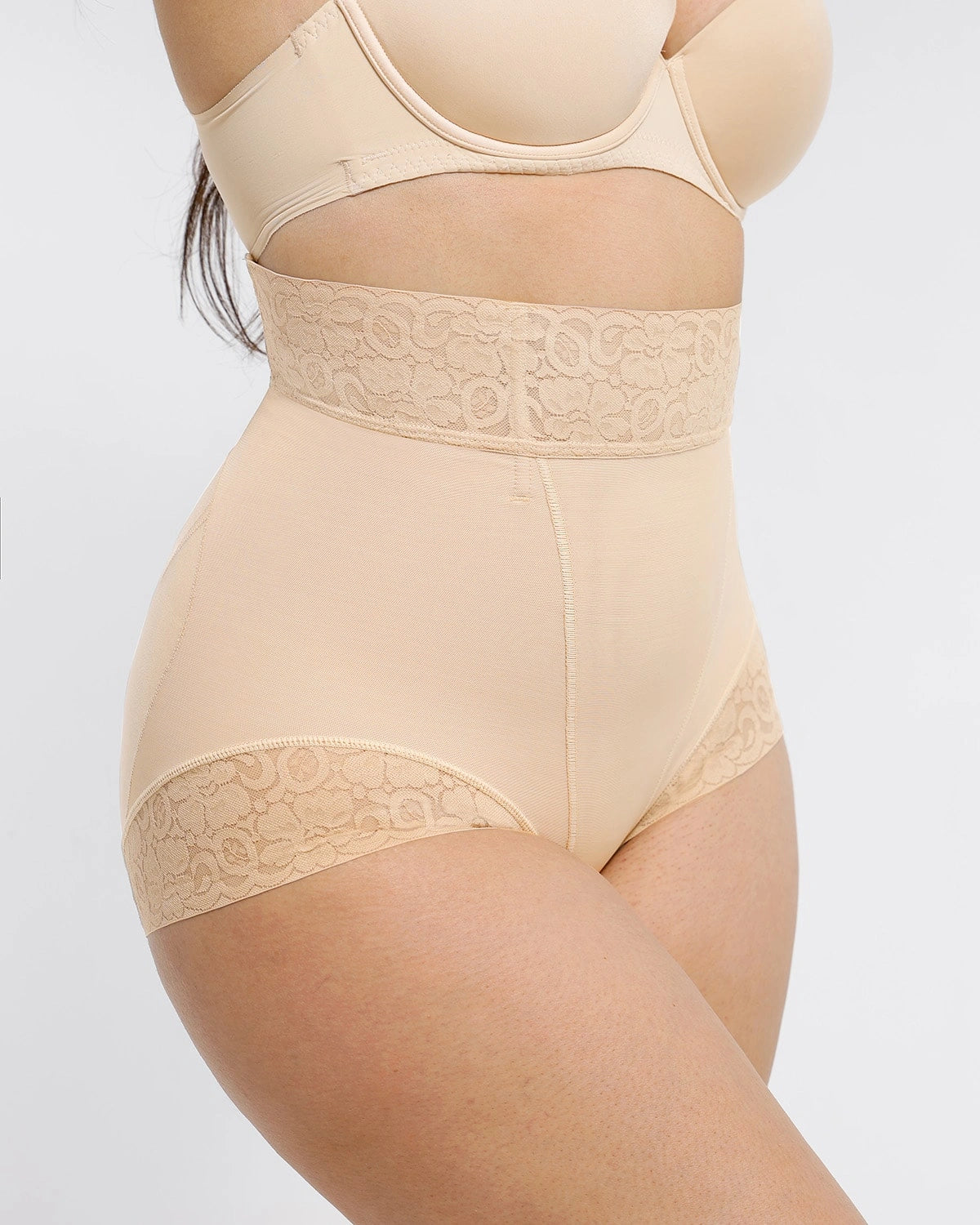In today's fast-paced world, stress has become an almost inevitable part of daily life. Yet, it's crucial to manage stress effectively to maintain both mental and physical health. This blog post will explore various self-care ideas that can help you alleviate stress and lead a more balanced, fulfilling life. Whether you're a wellness enthusiast or simply seeking ways to incorporate more self-care into your routine, keep reading for practical tips and tools to help you breathe easier.
Understanding Stress
Before we dive into self-care tips, it's essential to understand what stress is and how it impacts your well-being. Stress is the body's natural response to challenges or threats. When you encounter a stressful situation, your body releases hormones like adrenaline and cortisol, triggering the "fight or flight" response.

While short-term stress can be beneficial by helping you stay alert and focused, chronic stress can have detrimental effects on your health. It can lead to anxiety, depression, digestive issues, and even heart disease. Understanding these impacts underscores the importance of managing stress effectively.
The Physical Toll of Stress
Chronic stress can manifest physically in various ways. You might experience headaches, muscle tension, or fatigue. Over time, these physical symptoms can lead to more severe health issues such as hypertension and weakened immune function. Recognizing these signs is the first step in addressing your stress.
The Mental and Emotional Impact
Stress doesn't only affect your body; it also takes a toll on your mind and emotions. You may find yourself feeling overwhelmed, irritable, or anxious. This emotional strain can interfere with your daily activities and relationships, making it even more critical to seek ways to manage your stress.
The Importance of Early Intervention
Addressing stress early can prevent it from becoming a chronic issue. By implementing self-care practices, you can mitigate the effects of stress and improve your overall quality of life. Let's explore some practical self-care tips to help you get started.
Practical Self-Care Tips
Mindfulness and Meditation
One of the most effective ways to manage stress is through mindfulness and meditation. These practices involve focusing your attention on the present moment, which can help calm your mind and reduce anxiety.
Techniques for Mindfulness
Mindfulness can be practiced in various ways, such as deep breathing exercises, mindful eating, or simply paying attention to your surroundings. These techniques can help you become more aware of your thoughts and feelings, allowing you to manage them better.
The Benefits of Meditation

Meditation is another powerful tool for stress relief. Regular meditation can lower your stress levels, improve concentration, and enhance overall well-being. Even just a few minutes a day can make a significant difference.
Getting Started with Meditation
If you're new to meditation, start with short sessions and gradually increase the duration. There are many guided meditation apps available, such as Headspace and Calm, which can help you ease into the practice.
Physical Well-being

Physical activity is another crucial component of self-care. Exercise releases endorphins, which are natural mood lifters. It also helps reduce the levels of stress hormones in your body.
The Role of Exercise
Regular exercise can help you manage stress more effectively. Whether it's a brisk walk, a run, or a workout at the gym, physical activity can significantly improve your mood and energy levels.
Yoga for Stress Relief
Yoga is particularly beneficial for stress management. It combines physical movement with breath control and meditation, making it a holistic approach to well-being. Poses like the child's pose and corpse pose are especially calming.
Simple Physical Activities
Even if you're not into intense workouts, simple activities like stretching, dancing, or gardening can help reduce stress. The key is to find something you enjoy and make it a regular part of your routine.
Creative Outlets

Engaging in creative activities can be incredibly therapeutic. Whether it's painting, writing, or playing an instrument, creative expression allows you to channel your emotions and relieve stress.
The Therapeutic Value of Hobbies
Hobbies provide a sense of accomplishment and can be a great distraction from stress. They allow you to focus your mind on something enjoyable, which can be a powerful form of self-care.
Exploring New Interests
Don't be afraid to try something new. Experimenting with different hobbies can help you discover new passions and ways to unwind. Whether it's photography, knitting, or cooking, find what brings you joy. If you like shopping, you can try to buy yourself an item regularly as a gift. For example, a piece of Supportive Unlined Lace Underwired Bra that is both fashionable and comfortable.
Setting Aside Time for Creativity
Make it a point to set aside time for your creative pursuits. Even just 15-30 minutes a day can help you relax and recharge. Treat this time as non-negotiable, just like any other important appointment.
Social Connection
Human beings are inherently social creatures, and maintaining strong relationships is vital for emotional well-being. Connecting with others can provide emotional support and reduce feelings of isolation.
Nurturing Relationships

Spending time with loved ones can be a great way to relieve stress. Whether it's a phone call, a coffee date, or a family dinner, these interactions can boost your mood and provide a sense of belonging.
Building a Support Network
Having a strong support network is crucial for managing stress. Surround yourself with people who uplift you and provide emotional support. Don't hesitate to reach out to friends or family when you need to talk.
Joining Communities
Consider joining communities or groups that share your interests. Whether it's a book club, a sports team, or an online forum, these connections can provide additional layers of support and camaraderie.
Integrating Self-Care into Daily Life
Creating a Self-Care Routine

Establishing a self-care routine is essential for long-term stress management. Consistency is key, so find activities that you enjoy and can commit to regularly.
Making Self-Care a Habit
Incorporate self-care activities into your daily schedule. Whether it's a morning meditation session or an evening walk, make these activities a regular part of your routine.
Planning Your Self-Care Time
Set specific times for your self-care activities and treat them as non-negotiable appointments. This approach helps ensure that you prioritize your well-being amidst a busy schedule.
Tracking Your Progress
Keep a journal to track your self-care activities and their impact on your stress levels. Reflecting on your progress can help you identify what works best for you and make necessary adjustments.
Tips for Incorporating Self-Care into Busy Schedules
Micro Self-Care Moments

Even on the busiest days, you can find small pockets of time for self-care. Practice deep breathing during your commute or take a five-minute stretch break at your desk.
Multitasking Self-Care
Combine self-care with other activities. Listen to a podcast while exercising or practice mindfulness while doing household chores. These small adjustments can make a big difference.
Setting Boundaries
Learn to say no and set boundaries to protect your self-care time. Communicate your needs to others and prioritize activities that nourish your well-being.
Conclusion
Managing stress through self-care is not just a luxury; it's a necessity for maintaining a healthy and balanced life. By understanding the impact of stress and implementing practical self-care tips, you can significantly improve your well-being. Remember, consistency is key, so create a routine that works for you and stick to it. Prioritize your well-being and take the necessary steps to breathe easy. For more personalized guidance, consider connecting with self-care experts or joining supportive communities to enhance your self-care practice.
































